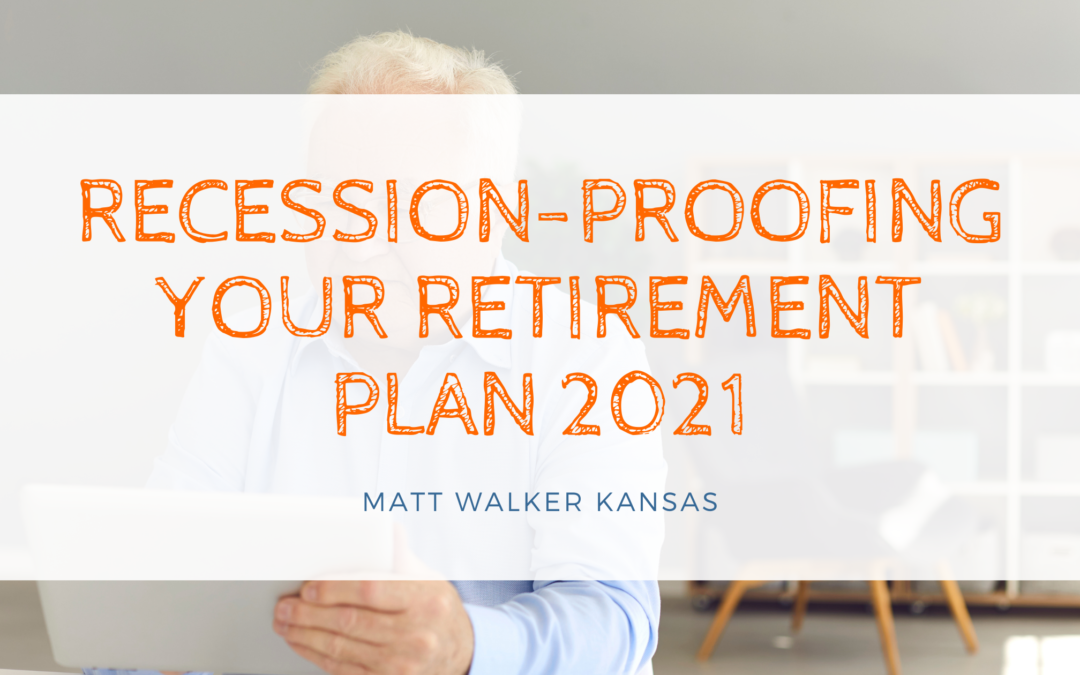Recessions are an inevitable part of economic cycles. Sometimes, they’re expected far in advance, but other times they show up unexpectedly. Their level and duration are also somewhat variable.
What often happens is that these so-called ‘market corrections’ wind up hurting the nest eggs of those who are saving for retirement. Younger investors might have time to ride things out or let the market stabilize, but people closer to retirement or actually in retirement can wind up losing a significant portion of their life savings. Fortunately, there are ways to go about recession-proofing your retirement finances. Here are a few tips to consider.
The first thing you might want to do is pay down high-interest debt. This is usually credit card debt. You’ll minimize your monthly expenditures and keep your obligations from growing every month over time. Doing this will help ease the burden on your cash flow quickly.
Another thing to consider when trying to recession-proof your savings is to minimize your spending as much as possible. You don’t have to live like a hermit unless your situation is extreme, but if you can cut back eating out from three times a week down to two, then you can improve your cash flow again. Even marginal cuts across the board can help ease your financial pain when times are tight.
Don’t run in fear from the stock market. Every recession in the past eventually ended. If you pull out when things are low, then you won’t be around to profit from the gains if your investments go back on the upswing. The economy might not recover back to its previous heights anytime soon, but some growth usually returns.
For that matter, make sure you rebalance your portfolio as frequently during a recession as you do during a growth phase. There will be growth sectors even during a recession, and you need to use your profits from these to plant seeds in stocks and bonds that are potentially good values and likely to rebound.
Always keep your cool. Investing for retirement is a long game. There will be times that your portfolio takes a dip, but with patience and a plan, you can preserve your nest egg or recover what you momentarily lose. Think ahead, and never overreact to the events of the day.
Investing involves risk, including possible loss of principal. We do not offer tax, legal, or investment advice. Always consult with your own qualified advisors.

